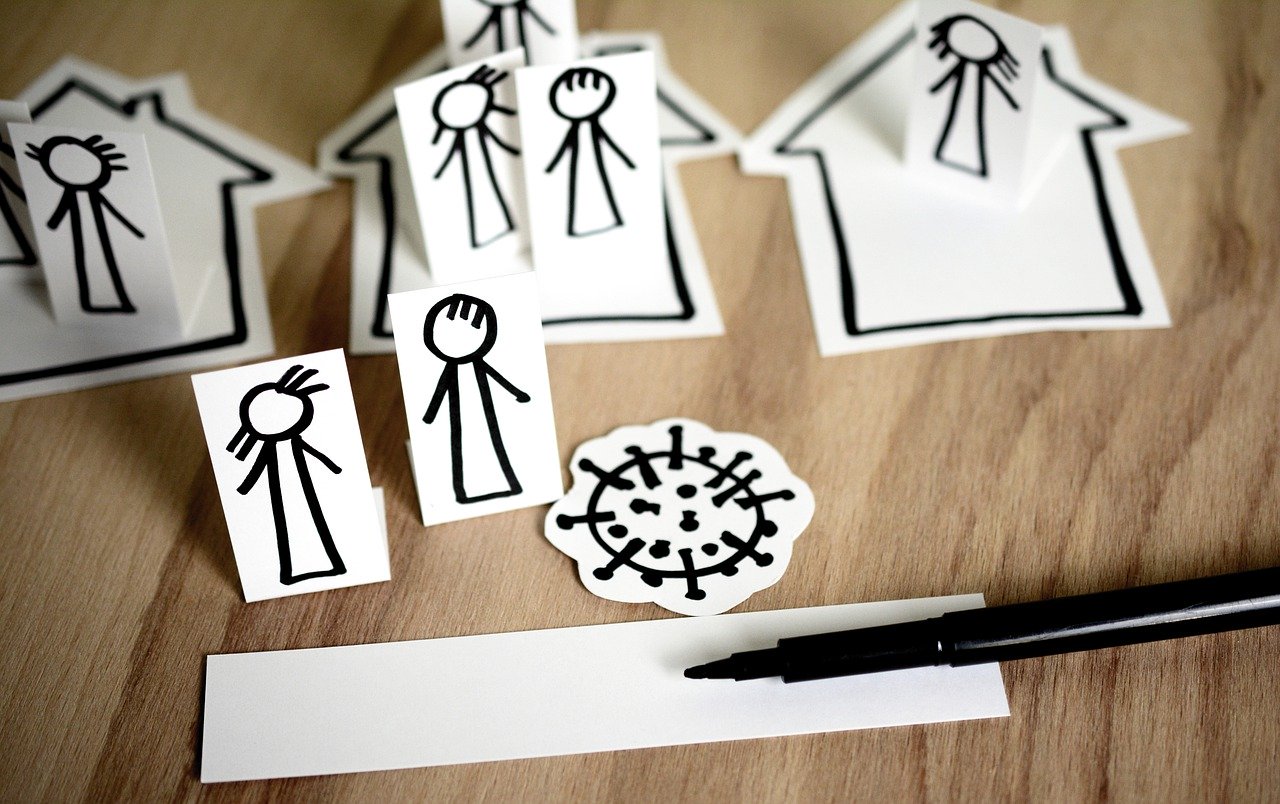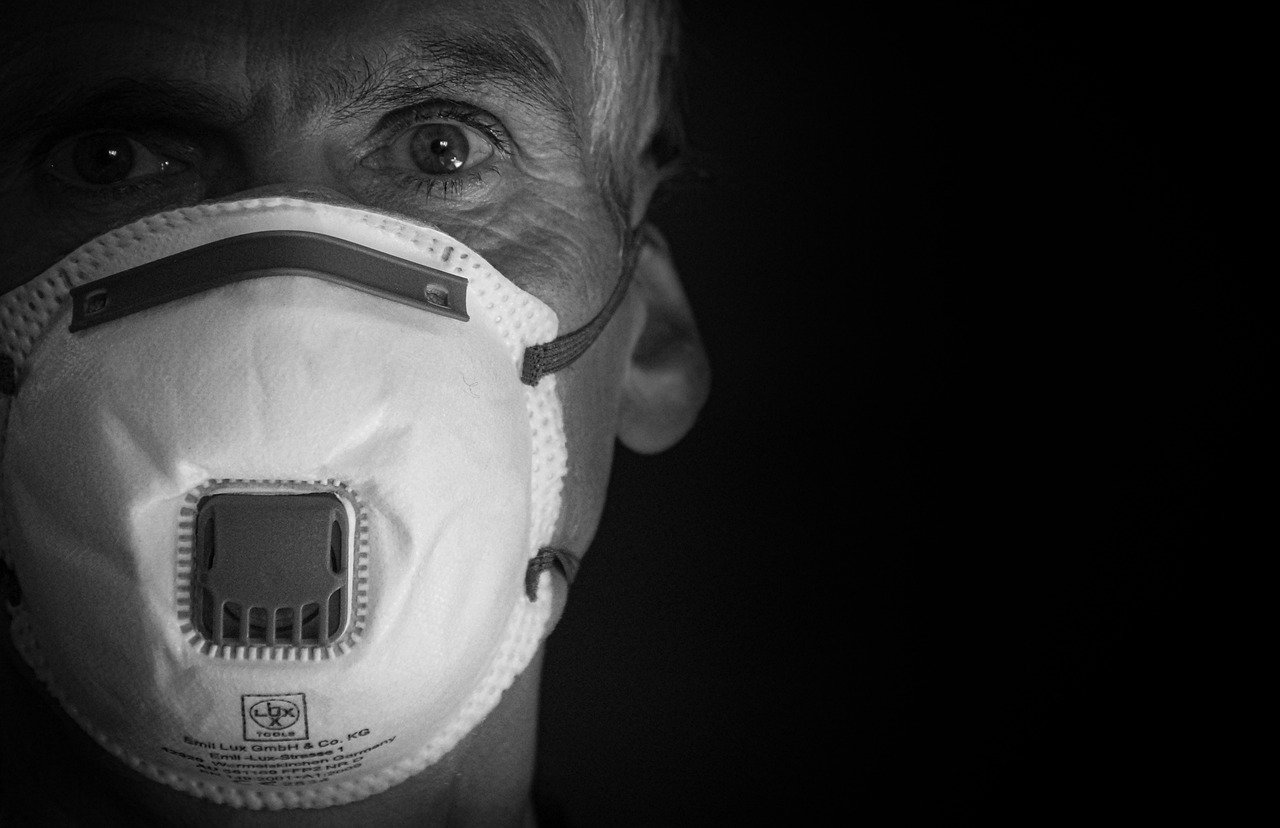YOUR BROWSER IS OUT-OF-DATE.
We have detected that you are using an outdated browser. Our service may not work properly for you. We recommend upgrading or switching to another browser.
Date: 24.05.2020 Category: general news, science/research/innovation
The COVID-19 epidemic, both in our region and other parts of the country, is probably still spreading, although its rate of growth has slowed down. The number of new cases, however, is too high to stop the reduction of contacts with other people. These are the main conclusions from the latest epidemiological modelling report developed by the Wrocław-based scientists from the MOCOS group.
 MOCOS Wrocław is the initiator of the research project named MOCOS International. The team’s activity focuses on risk analysis, forecasts for the following days and weeks, as well as recommendations on how to combat COVID-19. The group was founded on February 12 by Professor Tyll Krüger from Wrocław University of Science and Technology, who deals with mathematical modelling applied in medicine and biology. The team comprises scientists from WUST, Wrocław University, and Wrocław Medical University, as well as experts from Nokia Wrocław, EY GDS Poland, and MicroscopeIT. The group is supported by the Wrocław City Council.
MOCOS Wrocław is the initiator of the research project named MOCOS International. The team’s activity focuses on risk analysis, forecasts for the following days and weeks, as well as recommendations on how to combat COVID-19. The group was founded on February 12 by Professor Tyll Krüger from Wrocław University of Science and Technology, who deals with mathematical modelling applied in medicine and biology. The team comprises scientists from WUST, Wrocław University, and Wrocław Medical University, as well as experts from Nokia Wrocław, EY GDS Poland, and MicroscopeIT. The group is supported by the Wrocław City Council.
The scientists have created an advanced mathematical model which simulates human behaviour and makes it possible to estimate the current rate of virus spread, thus assessing the stage of development of the epidemic.
According to the report, the fact that the epidemic is no longer in its growth phase indicates that the restrictions imposed so far have been effective. MOCOS scientists estimate that the current stage of the epidemic resembles a balancing on the edge from where it can easily lean towards either dying out or growth.
Therefore, we should not change our current preventive behaviour, but even intensify it to reduce the duration of the epidemic as much as possible and minimise its negative socio-economic consequences.
To effectively combat the epidemic, it is necessary to apply the "Test, Trace, Reduce" strategy, i.e. a combination of intensive actions oriented towards
In the current phase, the epidemic sees a constant number of new infections in a set unit of time (e.g. over a week), which is the so-called endemic state. Of the possible epidemic states - growth (a constant increase of infections in a unit of time), dying out (constant decrease of infections in a unit of time), and endemic, the epidemic in the endemic state lasts the longest - until a vaccine is found or until herd immunity is achieved in the population. Everybody’s goal should be to bring the epidemic to an end as soon as possible by reducing the possibilities of new infections. This is not only possible but also much more cost-effective economically and socially than extending the time of threat.
 We can consider the epidemic to be over if we do not record new infections for two weeks. Even an increase of five cases per day is a threat - every country that has experienced a rapid increase in infections previously saw only a few cases.
We can consider the epidemic to be over if we do not record new infections for two weeks. Even an increase of five cases per day is a threat - every country that has experienced a rapid increase in infections previously saw only a few cases.
The scientists stress that each of us has a direct influence on how quickly the epidemic can be eradicated. - We should continue to refrain from social contact, observe a minimum distance between people, and effectively apply preventive measures (masks and disinfection) - think the members of the MOCOS group.
Mobility data concerning Lower Silesia and the whole of Poland is consistent: we keep limiting contacts related to entertainment and shopping and we are avoiding public transport. However, in the past three weeks, we have started to return to work and use green areas very intensively. The return to interpersonal contacts at work and in parks can stimulate the increase in the number of infections, so caution is recommended.
An application for tracking contacts with infected people will soon become available. - It’s worthwhile for us to use it - recommend the scientists from Wrocław. - According to the analyses carried out, it becomes an effective tool for reducing the number of infections only when more than 72% of the population uses it.
The current situation in Silesia, where the new outbreak caused a rapid increase in infections, is unique across Poland. - Such outbreaks are the result of many people staying in a small area – explains the MOCOS group in its report. - One infected person is enough for the virus to spread across the whole group and beyond, through households and personal contacts.
Similar outbreaks, although on a smaller scale, are being recorded throughout the country in Nursing Homes. - We recommend regular testing of health care workers for the presence of the coronavirus – comment our scientists. - By eliminating such outbreaks, we’ll be able to reduce the number of daily infections to zero and return to normal life, at least on a regional level.
- From the experiences in Silesia and Nursing Homes, one can conclude that people staying in small spaces are an epidemiological threat to each other – stresses the MOCOS group. So similar risks also apply to creches and nursery schools. If they are opened, they should conscientiously follow epidemiological safety rules and they should be controlled frequently to avoid the spread of the epidemic.
- Thanks to the responsible public response to the epidemic, worst-case scenarios have been avoided and the increase of the number of infection cases has been limited. This is very good news – Professor Tyll Krüger, founder of the MOCOS group. - But we shouldn’t stop halfway.
The report, as well as information about the authors, is available on the project’s website.
Our site uses cookies. By continuing to browse the site you agree to our use of cookies in accordance with current browser settings. You can change at any time.